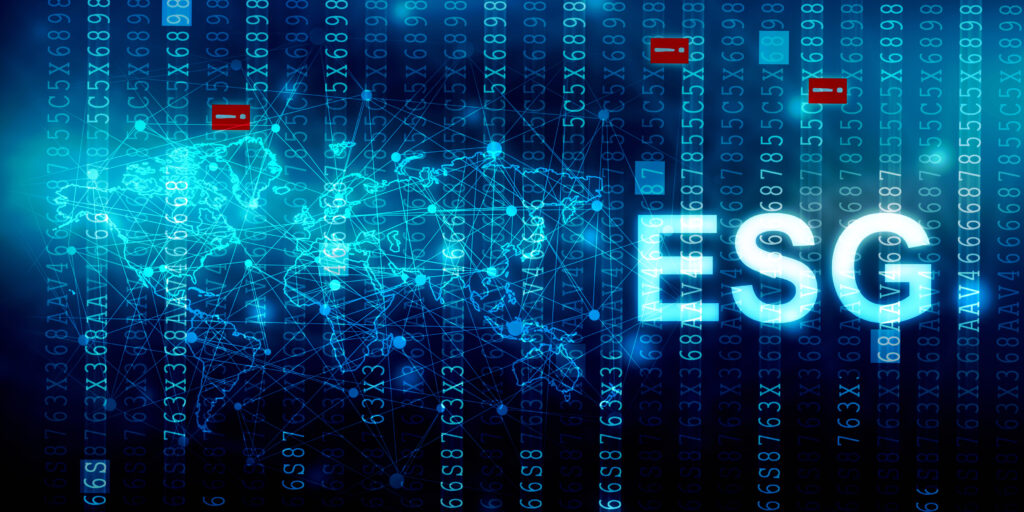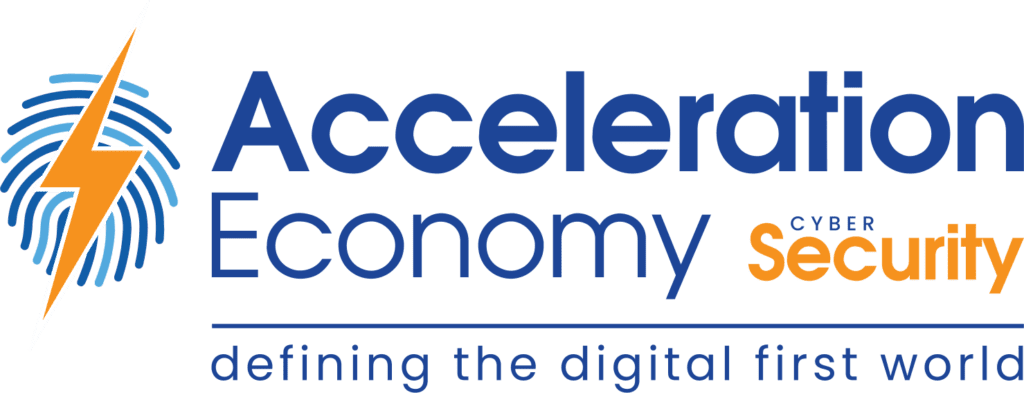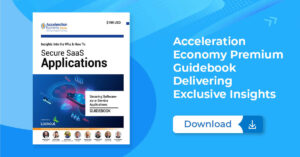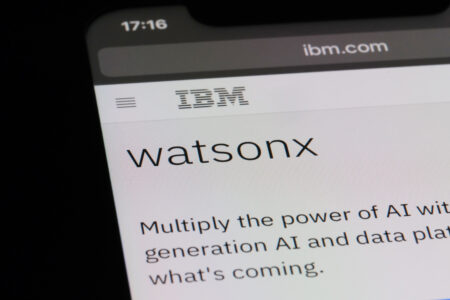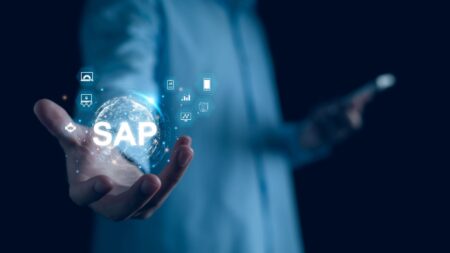Environmental, social, and governance (ESG) frameworks are becoming increasingly popular among businesses and investors worldwide. These frameworks are designed to provide a standardized, measurable approach to evaluating a company’s performance in terms of its environmental and social impact, as well as the effectiveness of its corporate governance practices.
As more companies adopt ESG frameworks, they are discovering that cybersecurity must be an essential component of their strategy. For example, ESG frameworks often require companies to report on their labor practices, including employee diversity, pay equity, and working conditions. Collecting and reporting this data requires companies to store sensitive personal information about their employees, including names, addresses, social security numbers, and employment history. This employee data is highly valuable to cybercriminals, who may seek to steal it for identity theft or other malicious purposes.
In this analysis, we will explore how ESG frameworks benefit from cybersecurity and why it is crucial for companies to incorporate cybersecurity as they pursue ESG initiatives.
Protecting Sensitive Data
A primary benefit of cybersecurity in ESG frameworks is the protection of sensitive data. This data ranges from the kind of personal information discussed above to the data many ESG frameworks require companies to collect and report, including energy consumption, greenhouse gas emissions, labor practices, and supply chain management.
This type of data can be precious to cybercriminals, who may seek to steal or manipulate it for financial gain or other nefarious undertakings. What if a cybercriminal could alter greenhouse gas emission data to make a company look less environmentally friendly than it is? This information could be used to damage the company’s brand, leading to reduced investment, regulatory scrutiny, and public backlash.
By implementing cybersecurity measures, companies can protect this sensitive data from cyber threats such as data breaches, ransomware attacks, and phishing scams. This protection is essential for maintaining the integrity of ESG data and for protecting the reputation and financial stability of the company itself.
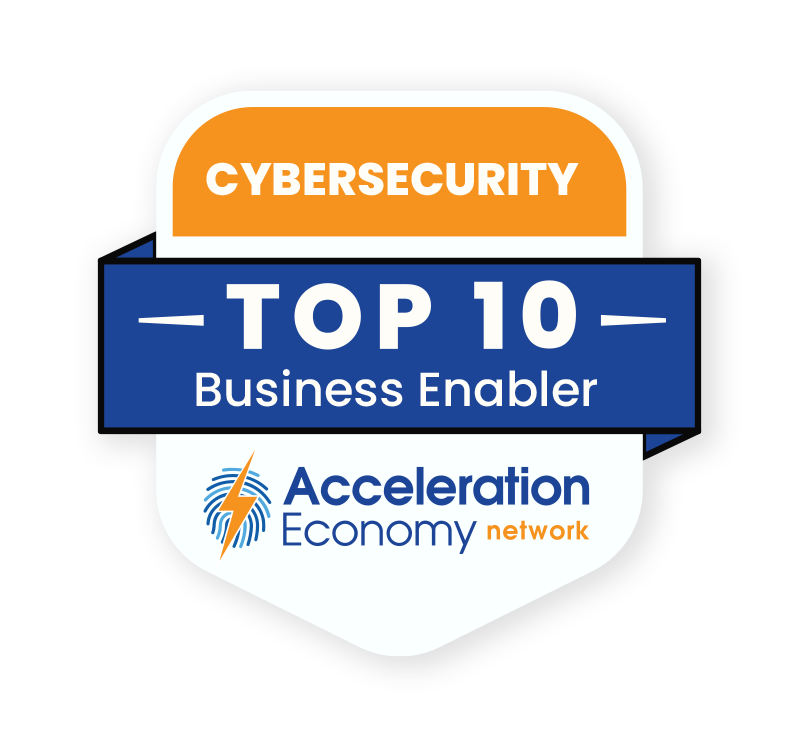
Which companies are the most important vendors in cybersecurity? Check out
the Acceleration Economy Cybersecurity
Top 10 Shortlist.
Maintaining Trust and Credibility
Another significant benefit of cybersecurity in ESG frameworks is maintaining trust and credibility. Companies that demonstrate a commitment to cybersecurity are more likely to be seen as trustworthy and credible by investors, customers, and other stakeholders. According to a survey conducted by PricewaterhouseCoopers (PwC) in 2021, 79% of investors said that they consider ESG risks and opportunities an important factor in investment decision-making.
In contrast, companies that fail to implement adequate cybersecurity measures are more likely to suffer from data breaches and other cyber incidents, damaging their reputation and eroding stakeholder trust. These incidents can also result in significant financial losses or legal liabilities, undermining the company’s credibility and sustainability.
Mitigating Environmental and Social Risks
In addition to protecting data and maintaining trust, cybersecurity plays a critical role in mitigating environmental and social risks. Cyberattacks can disrupt operations, compromise safety systems, and cause environmental damage, such as oil spills or chemical releases, which can have severe consequences for the environment, public health, and community relations.
Recent events, such as the Colonial Pipeline cyberattack in May 2021, have highlighted cyber incidents’ potential environmental and social impact. The cyberattack resulted in a shutdown of the Colonial Pipeline, which supplies nearly half of the East Coast’s fuel, causing widespread shortages and price increases. The incident also resulted in environmental impacts, as the pipeline shutdown led to increased trucking and fuel shipments, which generated additional carbon emissions and increased traffic congestion.
By implementing cybersecurity measures, companies can reduce the risk of cyber incidents that could lead to environmental and social harm. They can protect critical infrastructure from cyber threats and secure Internet of Things (IoT) devices that control environmental monitoring and control. In doing so, companies can not only protect the environment and public health but also ensure the sustainability of their operations and maintain their social license to operate.
Improving Corporate Governance
Finally, cybersecurity can play a vital role in improving corporate governance, a critical component of ESG frameworks. Cybersecurity activities such as risk assessments, incident response plans, and security audits can help companies identify and address governance gaps related to data protection, risk management, and compliance.
By addressing these gaps, companies can improve their overall governance practices, leading to more effective ESG reporting, better decision-making, and enhanced stakeholder engagement. Additionally, companies demonstrating a commitment to cybersecurity governance are more likely to attract and retain top talent and support from ESG-focused investors.
Closing Thoughts
ESG frameworks have become crucial in evaluating a company’s performance. In the same PwC survey mentioned above, 49% of investors said they would sell their investment if a company is not taking enough action to address ESG issues. By incorporating cybersecurity principles into their ESG strategies, companies can achieve their ESG goals while safeguarding their reputation and financial stability.
Ultimately, companies that prioritize cybersecurity as part of their ESG strategy will be better equipped to succeed in a rapidly evolving digital landscape.
Want more cybersecurity insights? Visit the Cybersecurity channel:


